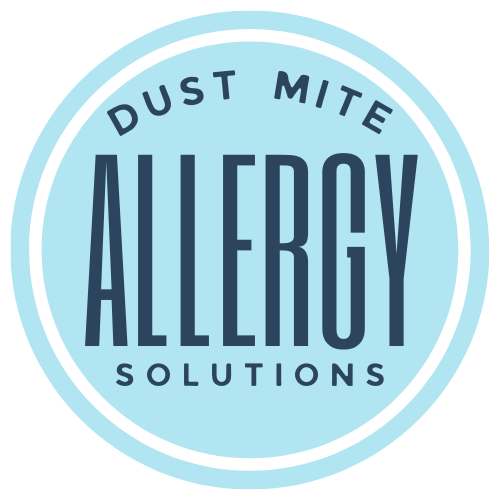How to minimise house dust mites - Top 10 products

1. Dust mite protectors - create a barrier
Using dust mite mattress, pillow and duvet protector prevents dust mites from infiltrating your mattress and bed, thereby establishing a protective barrier between the allergens and you.
- Blocks mites from entering mattress.
- Can reduce allergy symptoms by reducing exposure to dust mite allergens.
- Extends mattress life.
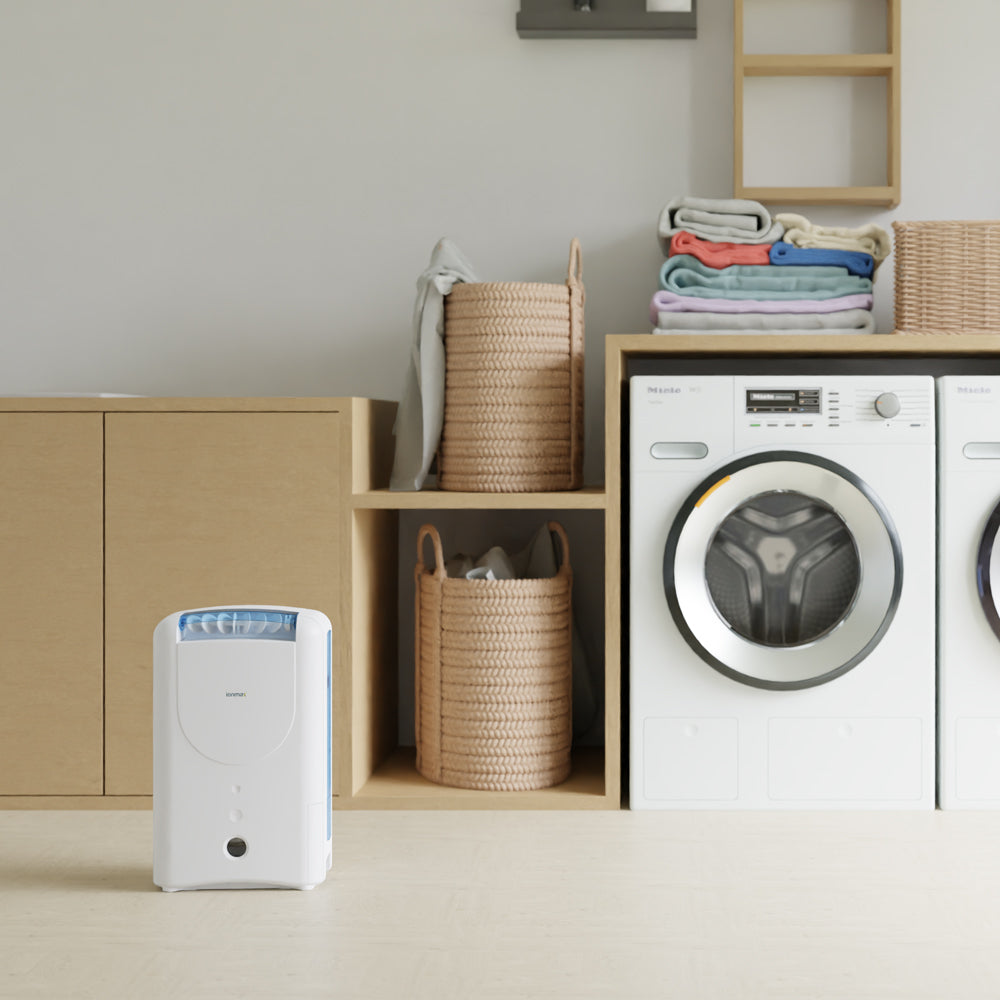
2. Dehumidifier - create an inhospitable environment
Dehumidifier helps prevent dust mite growth as they thrive in humidity.
Other tips:
- Keep relative humidity below 50%.
- Open windows for ventilation.
- Use bathroom/kitchen exhaust fans regularly.
- Dry laundry outside instead of indoors.
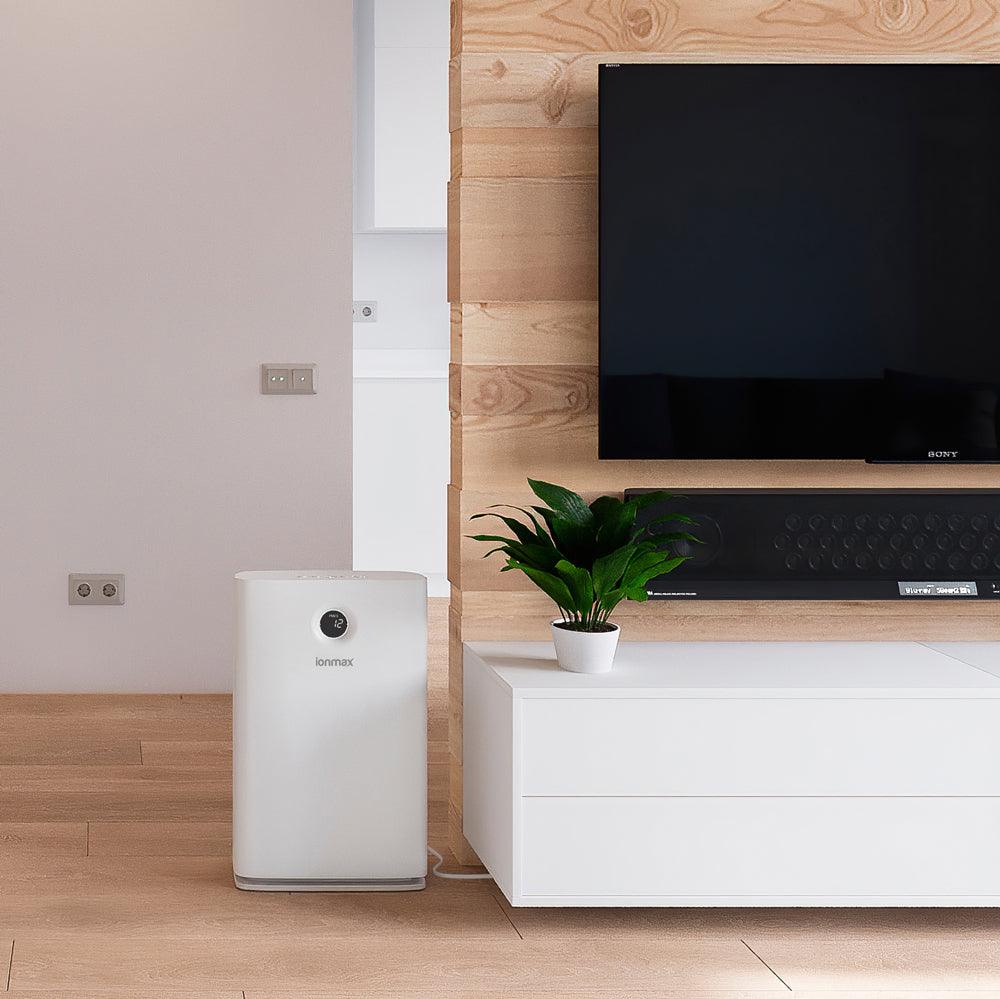
3. HEPA filter air purifier - eliminate airborne allergens
Minimise dust mite allergens from the air by using true HEPA filter air purifier. HEPA filters are designed to trap small particles like dust mites, pollen, and pet dander. Make sure to choose an air purifier that's the right size for your room, and clean or replace the filter regularly.
Other tips:
- Remove stuffed animals, unnecessary cushions, and heavy drapes.
- Store items in sealed containers or plastic bins.
- Decluttering reduces places dust mites can hide and breed.
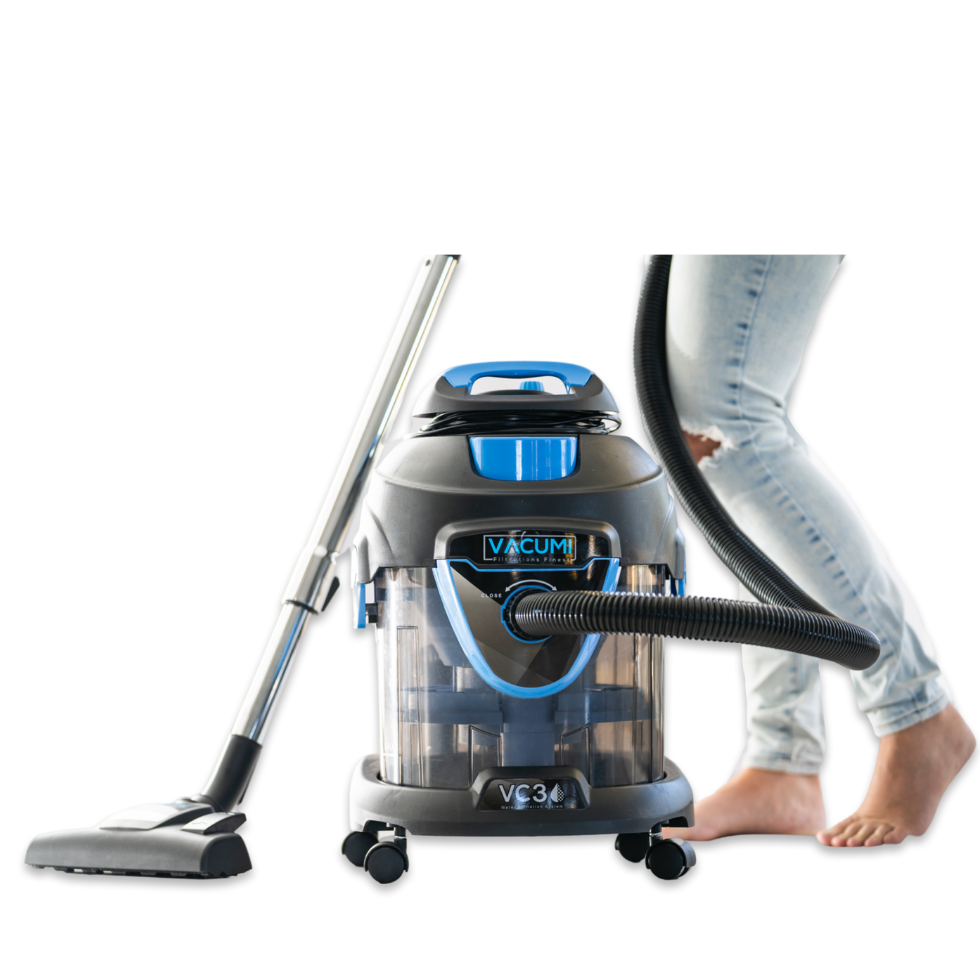
4. Vacuum
Use HEPA filter vacuum cleaner that traps allergens and does not release them back in the air therefore minimising allergen load in the environment.
Other tips:
- Focus on carpets, rugs, sofas, and mattresses.
- Vacuum soft toys with HEPA filter vacuum if they must be kept.
- Go slowly over high-traffic areas.
- Don't forget baseboards, under furniture, and corners.
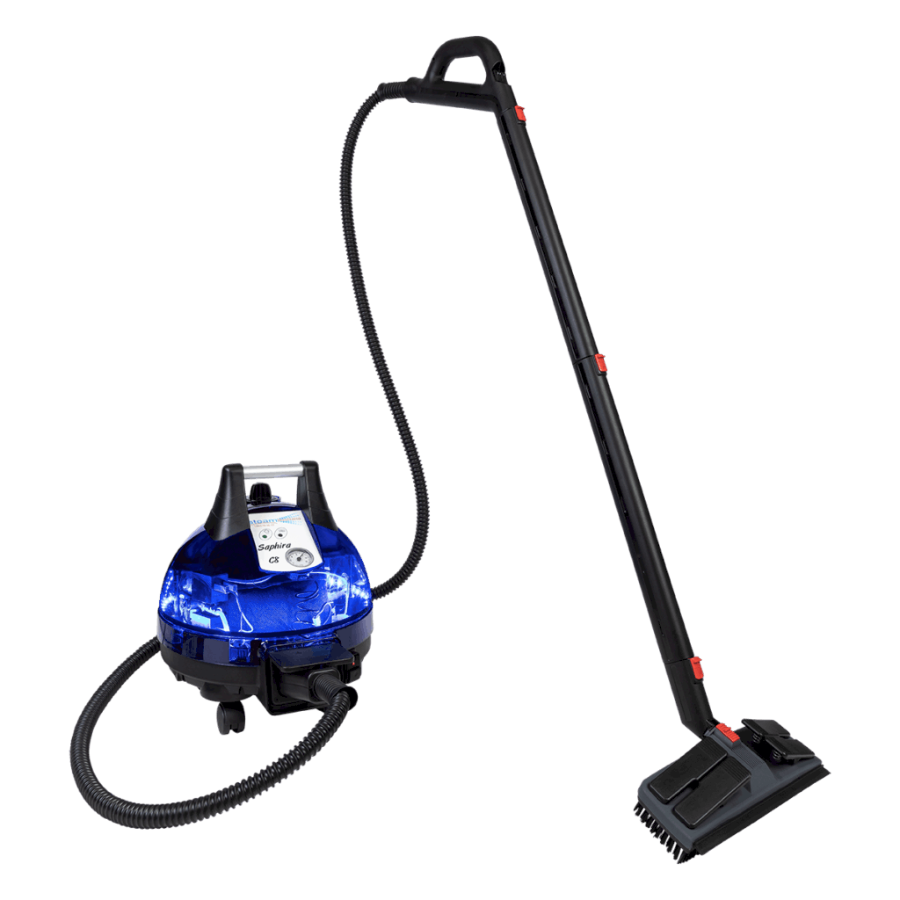
5. Steamer
Soft furnishings, such as curtains, cushions, and stuffed animals can become breeding grounds for dust mites. If you can't replace them, steam them where possible to minimise dust mite allergens.
Other tips:
- Vacuum before and after to remove dust and dead mites.
- Steam slowly so heat penetrates deep and kills mites.
- Dry completely with fans or open windows to prevent mold.
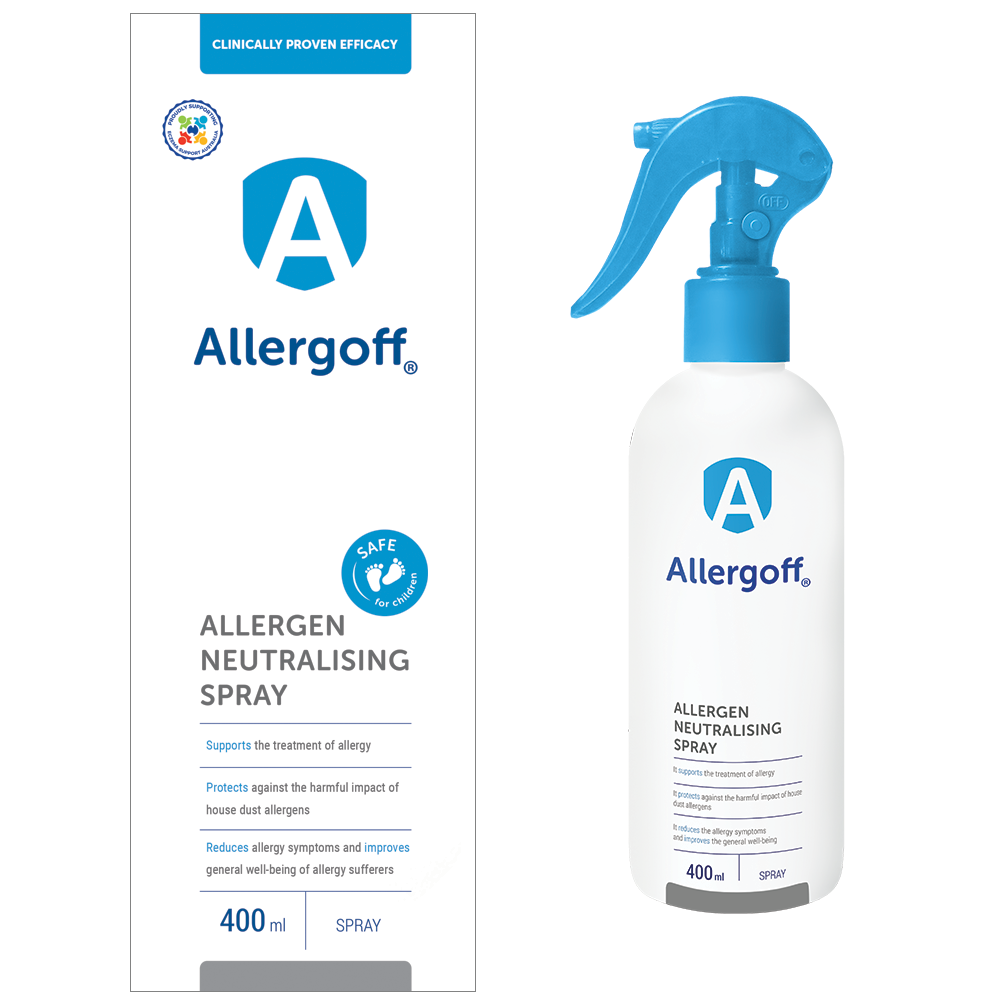
6. Spray to neutralise allergens
Spray can reduce dust mite populations and help alleviate dust mite allergies by targeting and neutralising the allergenic particles they produce. Don't forget to vacuum dust mite particles after neutralising them.
Other tips:
- Safe for fabrics and bedding.
- Quick and easy to apply.
- Helps control mite population between deep cleans.

7. Minimise allergens by dusting and cleaning
Dust and mop regularly with a damp microfibre cloth to prevent dust mites from accumulating. Consider using vacuum cleaner with mop functionality to help with collecting dust. Don't overlook hard to reach spots like baseboards and ceiling fans.
Other tips:
- Dust with a damp cloth to trap allergens, not spread them.
- Mop floors weekly—especially hardwood or tile surfaces.
- Wash curtains and clean blinds monthly.
- Clean pet bedding and areas where pets sleep.

8. Bedding - choose materials that resist allergens
By having a few bedding sets made from allergy friendly materials that can be washed and frozen regularly, will enable you to control dust mites in your sleeping environment. See our top tip in the first step.
Other tips:
- Rotate and air out pillows and mattresses.
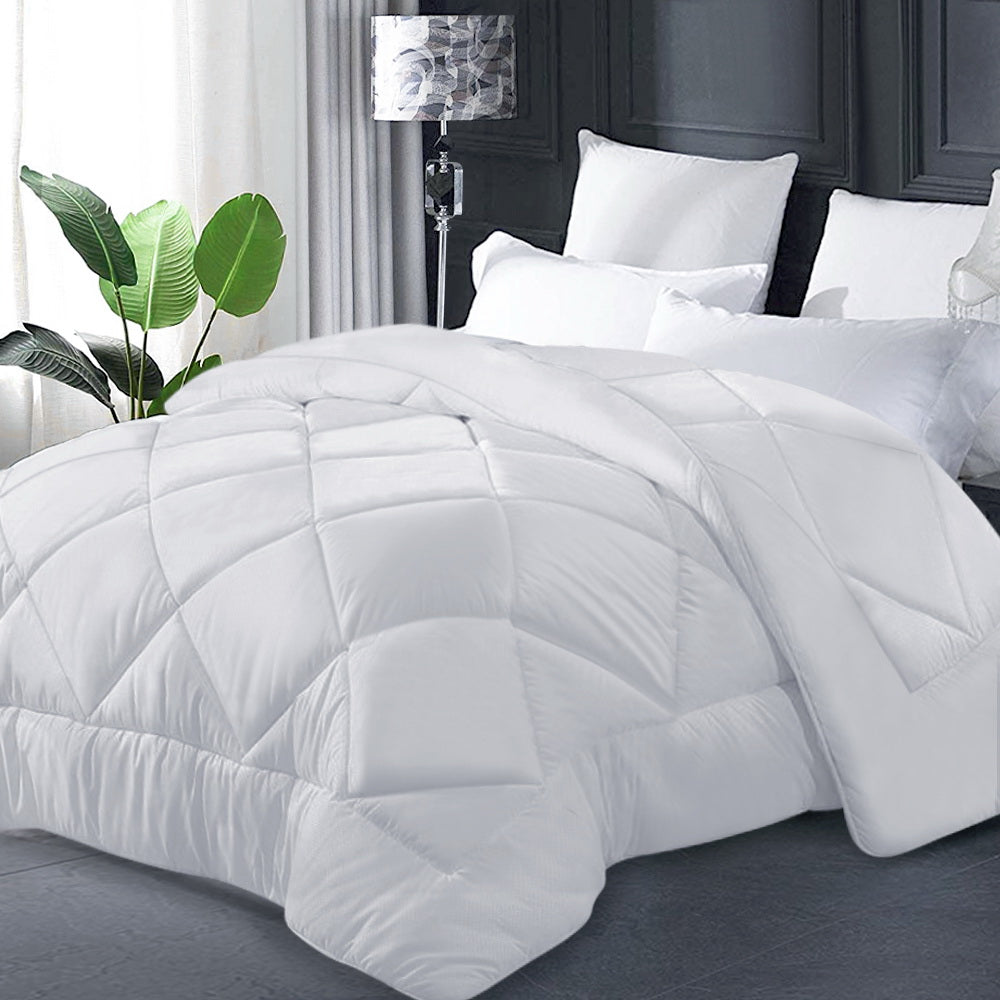
9. Allergy friendly bedding
To make sure that your bedding is not breeding grounds for dust mites, select our range of bedding made from allergy friendly materials.
Other tips:
- Wash all bedding in hot water (at least 60°C / 140°F) weekly.
- Sun-dry blankets and comforters to kill mites with UV rays.

10. Hygrometer - monitor your air quality
A hygrometer assists in managing dust mite allergies by enabling precise control of indoor humidity levels, which, when kept below 50%, can discourage dust mite proliferation and reduce allergy symptoms.
Other tips
- Place it in bedrooms where dust mites thrive.
- Keep humidity below 50%—mites need moisture to survive.
- Avoid placing near windows or vents for accurate readings.
- Check readings daily to track moisture trends.
- Use multiple hygrometers in different rooms for full-home monitoring.
